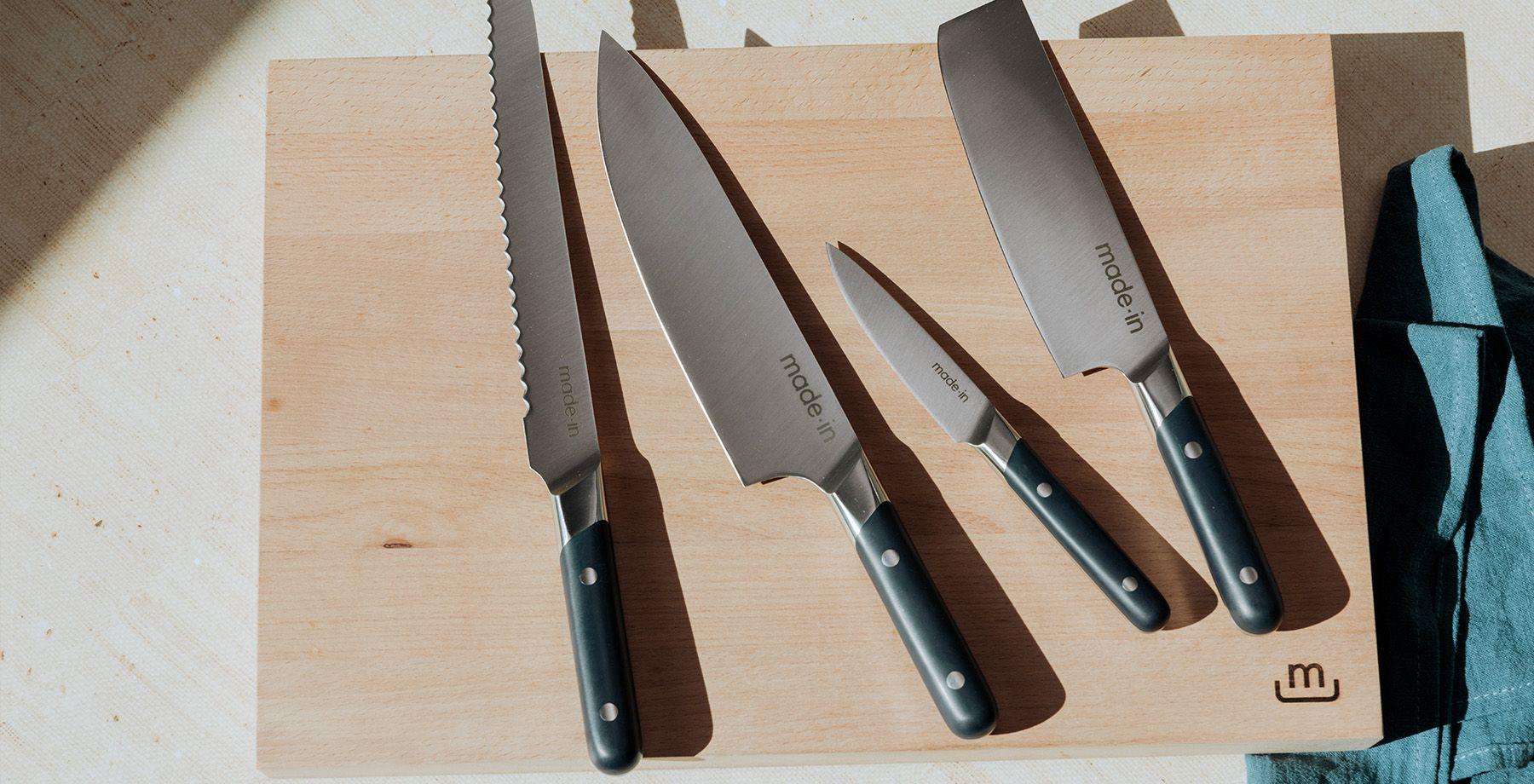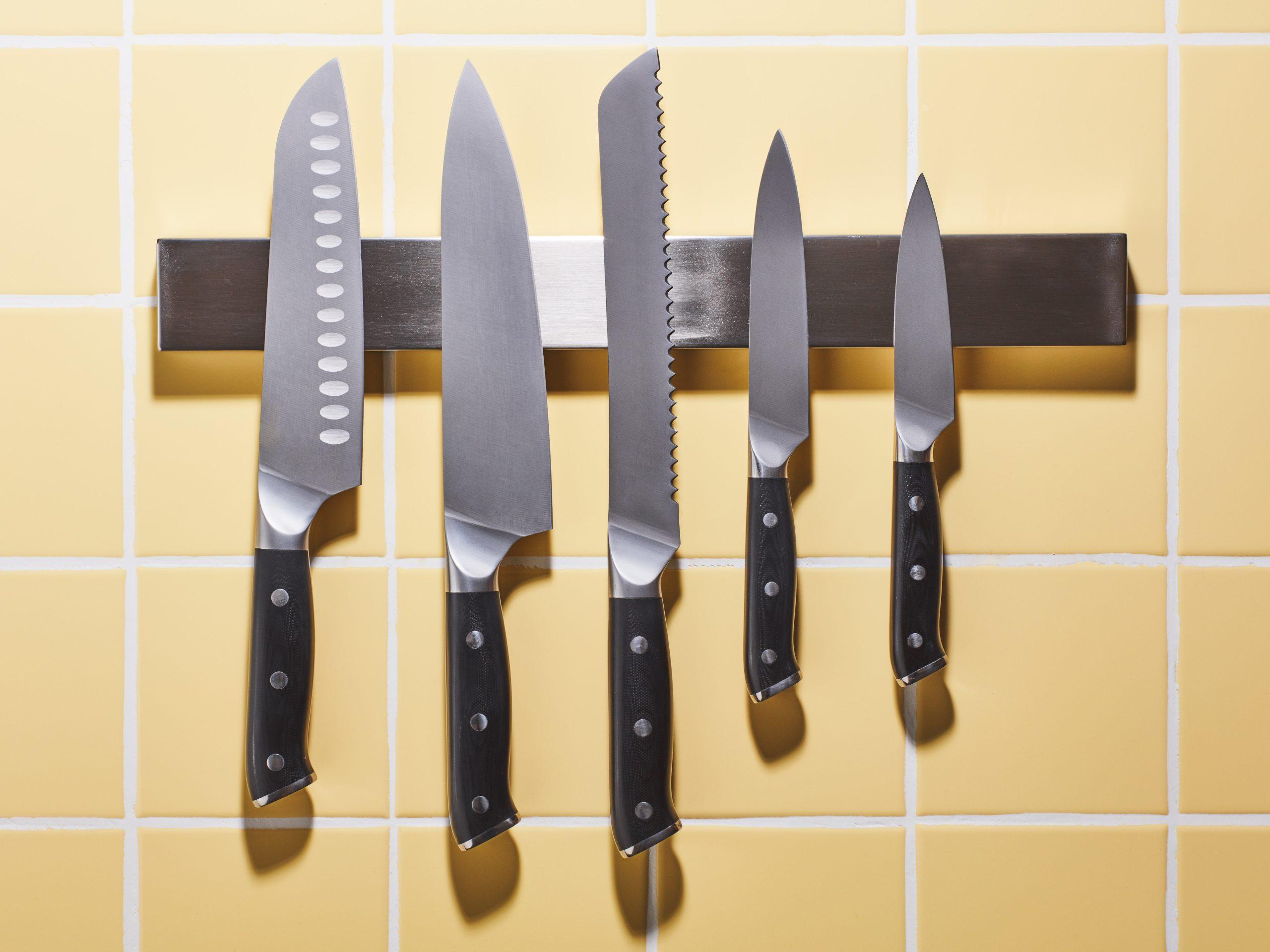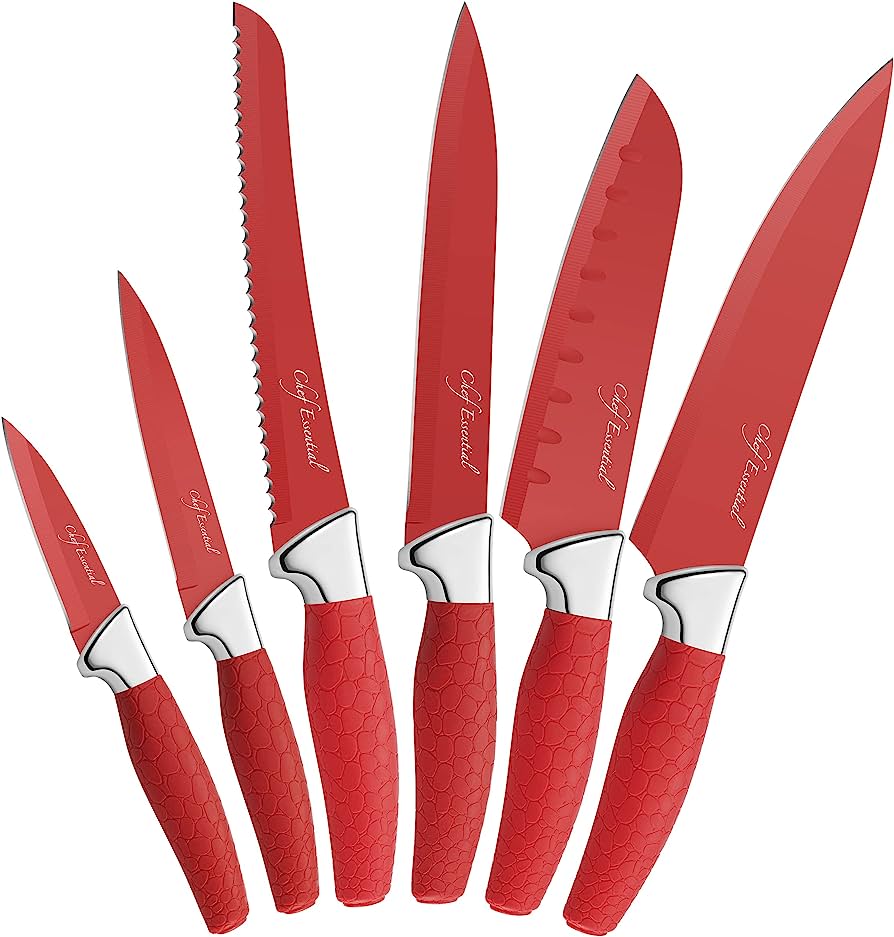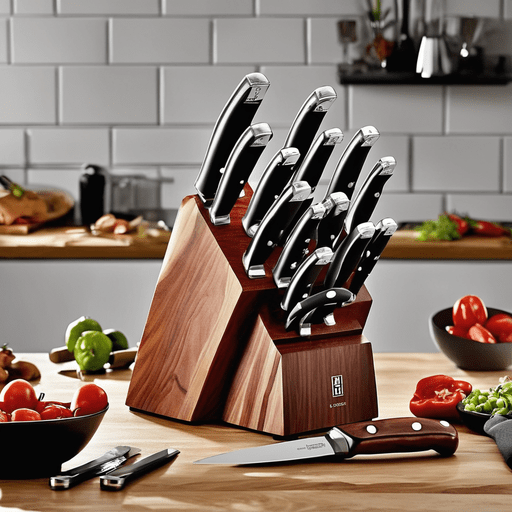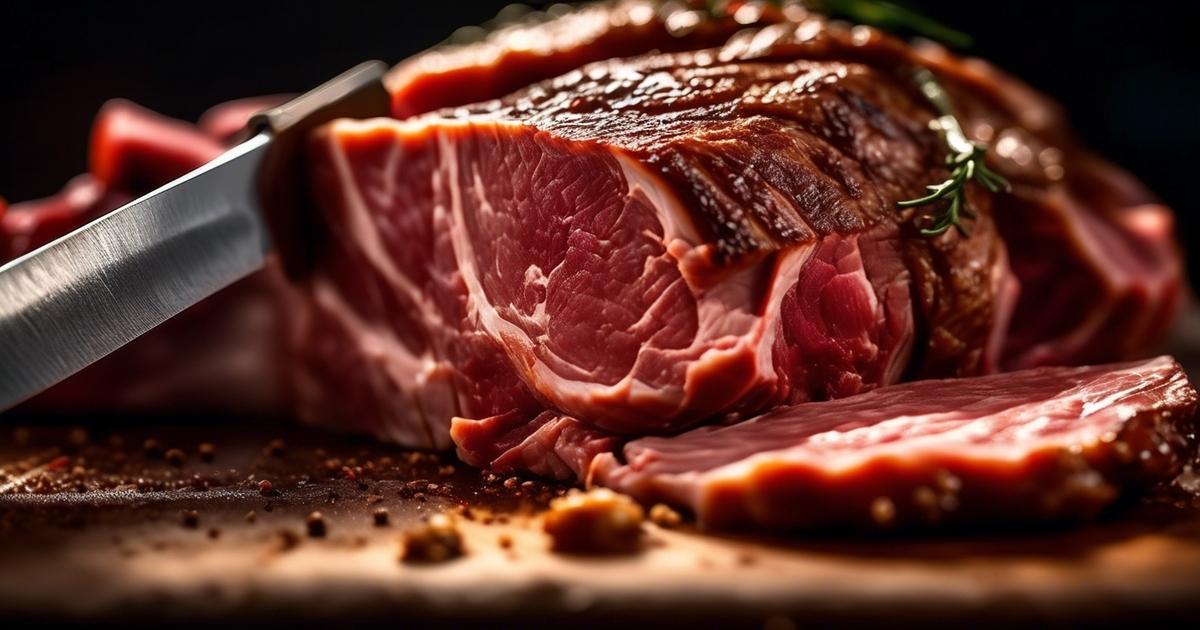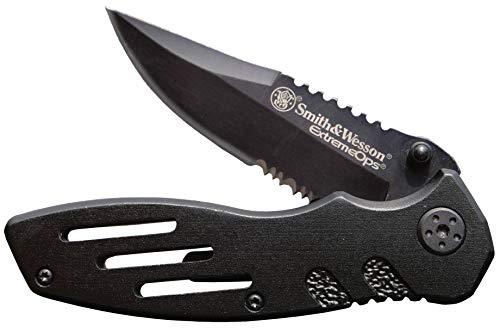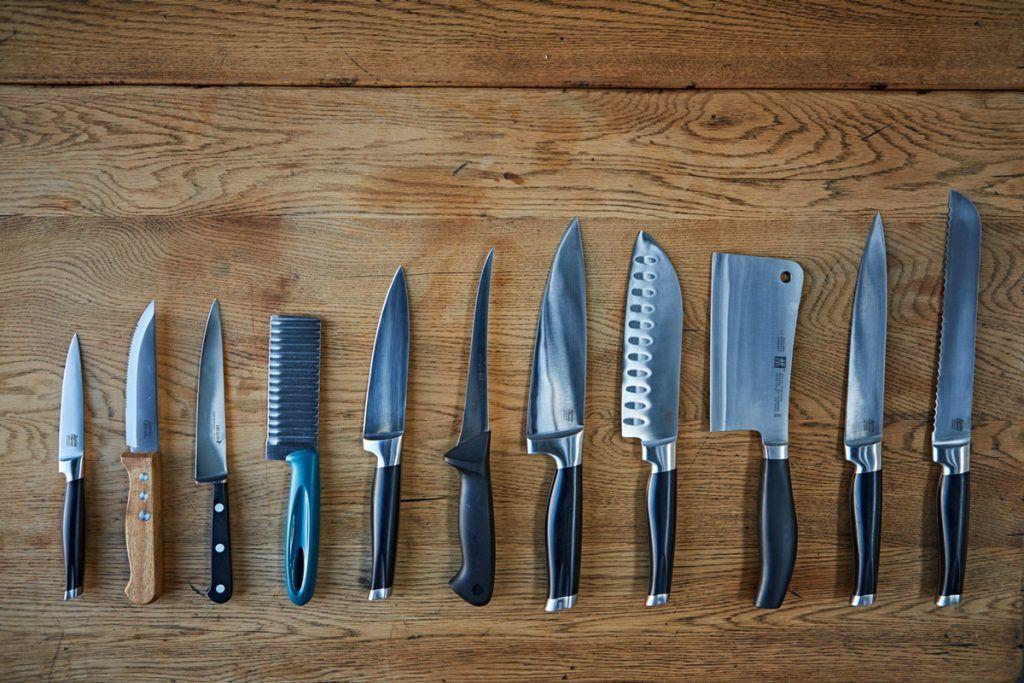To dispose of kitchen knives, wrap them in sturdy cardboard or a newspaper and secure tightly with tape. Then, clearly mark the package as containing sharp objects before disposing of it in the trash.
Kitchen knives are one of the most commonly used and essential kitchen tools. However, as they age or become dull, it is important to dispose of them properly to prevent any hazards or injuries. Throwing them in the trash without taking proper precautions can be dangerous to those handling the garbage.
Moreover, it can cause serious harm to sanitation workers who collect and dispose of garbage. In this article, we will discuss the necessary steps for safely disposing of kitchen knives. By following these simple guidelines, you can avoid unwanted injuries to yourself and others and safely dispose of your knives.
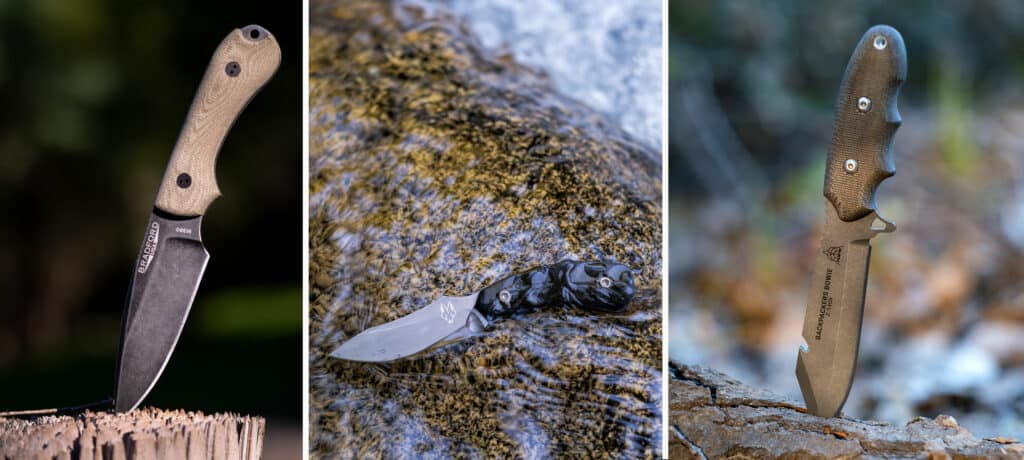
Credit: www.nothingbutknives.com
Understanding The Risks Of Improper Kitchen Knife Disposal
Kitchen knives are essential tools in any kitchen. However, when it’s time to dispose of them, it’s important to do it safely and responsibly. Proper knife disposal involves understanding the risks that come with improper knife disposal, the environmental impact it creates, and the potential legal consequences of irresponsible knife disposal.
The Dangers Of Sharp Objects In Landfills:
Improper disposal of knives can pose a significant risk, especially when it comes to disposing of sharp objects in landfills. Here are some potential hazards to keep in mind:
- Sharp objects can puncture through trash bags, leading to injuries to waste management workers.
- Improper disposal can also harm animals and wildlife if they come across sharp objects.
- Sharp objects can cause damage to landfill machinery if not disposed of properly.
The Environmental Impact Of Improper Knife Disposal:
Improper knife disposal not only poses a safety risk but also contributes to environmental harm. Here are some consequences of not disposing of kitchen knives responsibly:
- Knives can take a long time to decompose, which can lead to soil and water pollution.
- When knives are not disposed of properly, they may end up in waterways or other ecological areas which can harm aquatic life.
- The production of knives requires several natural resources, and improper disposal leads to wasted resources.
The Potential Legal Consequences Of Irresponsible Disposal:
Improper knife disposal can result in serious legal consequences. Here are some potential legal problems that may arise:
- Throwing knives in the trash can be considered a violation of municipal waste management regulations.
- Depending on the state or local laws, homeowners may face fines or other penalties for not disposing of knives correctly.
- Improper disposal that results in injury to waste management personnel can lead to legal consequences for the homeowner or renter who discarded the hazardous item.
It’s essential to understand the risks that come with improperly disposing of kitchen knives. These risks can impact not only individuals but the environment and community as well. To dispose of knives safely and responsibly, consider using a knife block or recycling options in your area, such as metal recycling centers.
By taking the time to dispose of knives properly, you can protect the environment, wildlife, and people from injury or harm.
Safe And Responsible Ways To Dispose Of Kitchen Knives
Kitchen knives are essential utensils in any cooking space that help cook and chop a wide variety of foods. However, when you have to replace your old or damaged knife, it’s essential to know the correct methods of disposal. Here are some safe and responsible ways to dispose of kitchen knives:
Donate Knives To Local Charities Or Community Organizations
Donating knives to a local charity can be an excellent way to dispose of them while giving back to the community. Here are some key points to keep in mind before donating your kitchen knives to a charity:
- Make sure that the knives are in good condition and sharpened. Nobody would want to use a blunt knife.
- Always call the charity beforehand to see if they accept donations of utensils and sharp objects.
- Research the charity and its mission before donating. It’s crucial to know if they are reputable and use your donations efficiently.
Recycle Knives Through Specialized Collection Programs Or Metal Recycling Facilities
Recycling is one of the most responsible and eco-friendly ways to dispose of kitchen knives. Many knife brands and recycling facilities have specialized collection programs to recycle utensils. Here are some points to keep in mind:
- Check if your local recycling program accepts knives. Some recycle centers have specific rules on certain utensils they accept.
- If your recycling center does not accept knives, some metal recycling facilities offer the service.
- Before disposing of the knives, make sure to wrap them in newspaper or other materials to avoid causing injuries or accidents.
Disassemble Knives And Properly Package The Parts For Disposal In The Trash
Sometimes, it’s not possible to recycle or donate a knife. If that is the case, the safest way to dispose of knives is by disassembling them. Here are some key points to remember:
- Use pliers to carefully take apart the knife, separating the blade from the handle.
- Place the blade in a cardboard box or wrap it in thick paper.
- Place the handle or any other parts in the trash.
Utilize Mail-In Knife Recycling Programs
Knife brands and recycling facilities often offer mail-in knife recycling programs. Here are some things to keep in mind before utilizing a mail-in program:
- Research the program before using it, so you know who to contact, what you can send in, and how to send it.
- Make sure to package the knives safely in a sturdy box to avoid accidents.
- Ensure that all the necessary shipping labels and information are attached to the package.
There you have it, four safe and responsible ways to dispose of kitchen knives. Remember to always prioritize the safety of those handling the knives, and never throw them in the trash without proper disposal methods.
Repurposing Old Kitchen Knives
Creative Diy Knife Repurposing Projects
Do you have old kitchen knives lying around that you no longer use? Instead of throwing them away, why not repurpose them? Here are some creative diy knife repurposing projects that you can try:
- Make a unique key holder: Turn your old kitchen knife into a key holder by attaching it to a piece of wood or a small plank. Just make sure to remove the blade and sharpened edge first to avoid any injuries.
- Create your own herb garden: If you love growing herbs, use your old kitchen knives to create a unique and rustic herb garden. Simply insert the knife blades into a piece of wood or a sturdy container, and then plant your herbs into the space between the blades.
- Design a unique wall art: Spice up your wall space by making your own knife wall art. Remove the blades and arrange them in an interesting and creative way on a canvas or a piece of wood. Use a strong adhesive to stick the blades in place.
- Make your own garden markers: Do you want to easily identify your plants in the garden? Use your old knives to create garden markers. Simply remove the handles and engrave the names of the plants onto the blades. Stick the blades into the soil to label each plant.
The Benefits Of Upcycling In Reducing Waste And Promoting Sustainability
Repurposing old kitchen knives is not only creative and fun, but it is also a sustainable and eco-friendly approach to reducing waste. Here are some benefits of upcycling:
- Reduces landfill waste: Every year, tonnes of waste are dumped into landfill sites, which harm the environment. Upcycling reuses old items, decreasing the amount of waste that ends up in landfill sites.
- Saves resources: Upcycling reduces the need for the production of new materials, which conserves natural resources and decreases energy consumption.
- Promotes creativity: Upcycling allows you to tap into your creative side and develop unique and personalised items, which help you stand out.
Tips For Safe Handling And Repurposing Of Old Knives
Although repurposing old kitchen knives is fun and beneficial, safe handling is necessary to avoid accidents. Here are some tips for handling and repurposing old knives:
- Wear protective gloves: When handling old knives, wear protective gloves to avoid any potential injury.
- Remove the blade: Before repurposing knives into creative diy projects, remove the blade and sharpened edge first to prevent injury.
- Use a strong adhesive: When creating repurposed items, make sure to use a strong adhesive that will keep the pieces in place and avoid accidents or injuries.
- Store safely: After creating new items, ensure that they are stored out of reach of children and in a safe location.
Best Practices For Storing And Maintaining Kitchen Knives
Proper Storage Techniques To Prolong Knife Longevity
Storing kitchen knives appropriately can help to maintain their sharpness and prolong their lifespan. Here are some best practices for knife storage:
- Store knives in a wooden knife block or on a magnetic strip to keep them organized and prevent them from getting dull.
- Avoid storing knives in a drawer with other utensils as this can cause damage to both the knives and other utensils.
- Use a blade guard to protect the knife’s blade to prevent accidental nicks and dulling.
- Always store knives in a dry place to prevent rusting.
The Importance Of Regular Knife Maintenance And Sharpening
Keeping your knives sharp is essential. Dull knives not only make food preparation difficult but can also be dangerous. Here are some tips for maintaining and sharpening your knives:
- Regularly hone your knife with a honing steel to maintain the blade’s edge and sharpness.
- Sharpen your knife with a sharpening stone or electric sharpener periodically to keep it in its best condition.
- Always clean your knife thoroughly after each use, and wash and dry it by hand.
- Never put your knives in the dishwasher as this can cause damage to the blade and handle.
How To Dispose Of Knife Sharpening Materials
Disposing of knife sharpening materials can be tricky. Here are some tips:
- For sharpening stones, dispose of them in your regular garbage as they are not recyclable.
- For electric sharpeners, consider donating them to a kitchen supply store, schools or churches, or post them on websites like freecycle or craigslist to get rid of them.
- For honing steel, dispose of them in your regular garbage as they are not recyclable.
By following proper storage techniques, regularly maintaining and sharpening your knives, and disposing of any sharpening materials appropriately, you can keep your kitchen knives in top condition for a long time.
Frequently Asked Questions Of How To Dispose Of Kitchen Knives
How Should You Dispose Of Kitchen Knives?
Used kitchen knives should be wrapped in newspaper or cardboard and placed in a plastic bag. This should be secure and then thrown in the garbage or trash bin. Make sure to label it “sharp objects” so that no one gets injured.
Is It Safe To Throw Knives In The Trash?
It is safe to throw knives in the trash if they are properly wrapped and labeled. In most cases, trash collectors have policies against collecting loose knives because they can pose a safety risk to them and others who handle the trash.
What Should You Do With Dull Kitchen Knives?
Dull knives can be sharpened or recycled. Some recycling centers offer knife recycling programs where they collect dull knives and repurpose them. Alternatively, you can sharpen dull knives with a knife sharpener and reuse them.
Can Kitchen Knives Be Donated?
Yes, kitchen knives can be donated if they are in good condition. Charities and non-profit organizations that accept donations typically have policies regarding the types of knives they can accept and how they should be packaged. Contact them before donating.
How Often Should You Dispose Of Kitchen Knives?
Kitchen knives can last for years if they are properly cared for. However, it is recommended to dispose of them if the blades become damaged, warped, or if they are old and rusted. A general guideline is every 10 years for stainless steel knives and every 5 years for carbon steel knives.
Conclusion
It’s crucial to dispose of kitchen knives in an appropriate way to avoid any accidents. The most eco-friendly and safe way is to recycle them. If your city doesn’t have a knife recycling program, you can contact your local hardware store or waste management facilities to check if they have any options.
Another option is to use a knife bank or donate them to charity organizations. Before disposing of your knives, remember to wrap them with recyclable materials or seal them in a container to avoid any injury. Remember to never throw away your knives in the garbage bin as it poses a risk not only to yourself but also to sanitation workers and the environment.
Implementing proper knife disposal practices not only helps keep you safe but also contributes to the overall sustainability of our planet. Let’s take responsibility and dispose of our knives properly.

